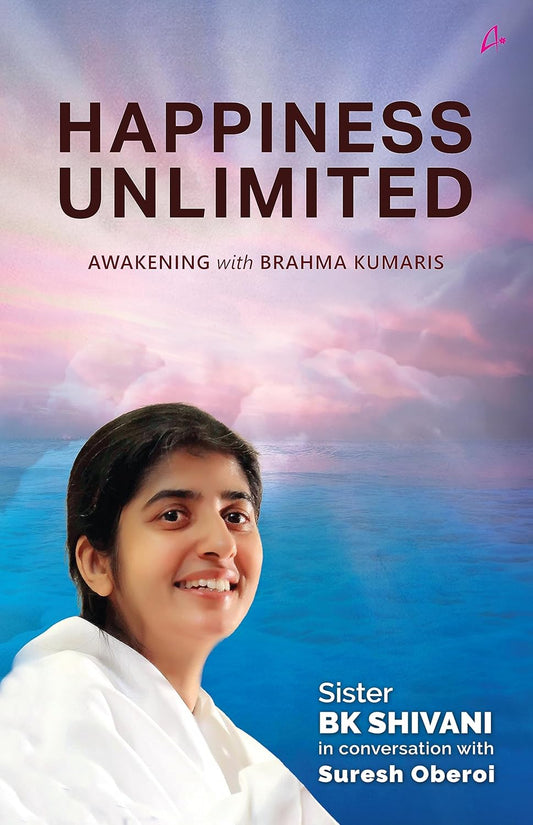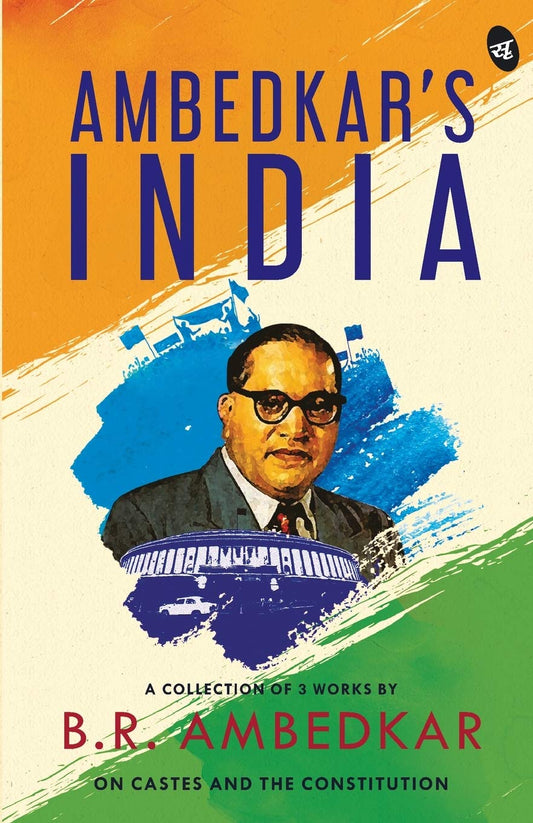As book lovers, we’ve all been there: setting reading goals, tracking progress, and feeling that sense of accomplishment when we finish a book. But with so many books to choose from and an ever-growing TBR (to-be-read) pile, a crucial question often arises—Should I prioritize quality over quantity in my reading habit? Or, should I aim to read as many books as possible, regardless of their depth?
In today’s fast-paced world, where time is limited and distractions are plentiful, it's easy to fall into the trap of reading as many books as possible. But does this approach benefit our overall reading experience? Or should we focus more on savoring the richness of a few carefully selected titles, reading with depth and purpose?
In this post, we’ll explore the pros and cons of focusing on quality vs. quantity in book reading and help you determine which approach aligns with your personal reading goals and enjoyment.
1. The Case for Quantity: The Appeal of Reading More Books
Many readers set ambitious reading goals, aiming to tackle as many books as possible in a year. Some even participate in reading challenges, such as reading 50, 100, or more books per year. This approach emphasizes the quantity of books consumed and can feel incredibly satisfying.
Why Quantity Can Be Appealing:
- The Joy of Finishing Books: There's something deeply satisfying about completing a book, whether it's a short read or a lengthy one. The more books you finish, the more you feel like you’re accomplishing something.
- Exposure to Diverse Genres and Authors: Reading more books gives you a broad range of experiences and ideas. By reading across genres, you’ll encounter different writing styles, storytelling techniques, and cultural perspectives. This can help you grow as a reader and a thinker.
- Discovering New Favorites: The more books you read, the higher the chances of discovering new favorites or hidden gems. Sometimes, the only way to find a book that truly resonates with you is to explore a variety of titles.
- Improving Reading Speed: The more you read, the faster you become at processing information and navigating through books. Over time, you may find yourself reading with more fluency and comprehension, allowing you to read even more books at a quicker pace.
Potential Downsides of Focusing on Quantity:
- Shallow Reading: When you focus on reading as many books as possible, it can be easy to rush through them. This might lead to a more superficial understanding of the book's themes, characters, and plot, and you might miss out on deeper connections and insights.
- Less Retention: With a focus on quantity, you might find it harder to remember details from books you’ve read. When you move quickly from one book to the next, there’s less time for reflection or to absorb and internalize the material.
- Burnout: Trying to read as much as possible can lead to reading fatigue or burnout. If you’re constantly pressuring yourself to read faster or finish more books, the joy of reading can diminish.
2. The Case for Quality: The Value of Deep Reading
While reading a lot of books is fun, there’s something to be said for slowing down and diving deep into a book. Reading for quality means taking the time to reflect, analyze, and truly engage with a book’s content, rather than just finishing it for the sake of completing another title on your list.
Why Quality Matters:
- Deeper Understanding: When you focus on quality, you're more likely to engage with the material on a deeper level. You can appreciate the nuances of the plot, character development, themes, and language. This deeper connection leads to a richer reading experience.
- Improved Critical Thinking: Reading fewer books but in-depth allows you to reflect on the material, analyze the author’s intent, and form your own opinions. This helps hone your critical thinking skills and encourages you to think more deeply about the issues and ideas presented in the book.
- Longer-Lasting Impact: Books that are rich in content and meaning often stay with you long after you’ve read them. The more you dig into a book’s layers, the more likely you are to carry its lessons, ideas, or emotional impact with you into your everyday life.
- Personal Growth: Quality reading fosters personal growth by challenging your worldview, expanding your knowledge, and offering new perspectives. It gives you the space to consider ideas that might not have been part of your prior experiences, helping you become more empathetic and open-minded.
Potential Downsides of Focusing on Quality:
- Slower Pace: Reading fewer books means you might not make as much progress on your reading goals. If you’re someone who loves the sense of accomplishment that comes with finishing multiple books, focusing solely on quality might feel less rewarding.
- Limited Variety: Focusing on only a few books at a time could limit the diversity of books you experience. If you’re not mixing genres or authors, you might feel like you're stuck in a particular literary space without exploring new styles of writing or subject matter.
- Overthinking: While reflecting deeply on a book can be enriching, it can also lead to over analysis. Sometimes, taking a book too seriously or dissecting every little detail can detract from the enjoyment of simply getting lost in a good story.
3. Finding Balance: Striking the Right Harmony Between Quality and Quantity
The ideal approach to reading isn’t necessarily about choosing one over the other. Many readers find that striking a balance between quality and quantity allows them to enjoy the best of both worlds.
How to Find the Balance
- Mix Your Approach: Combine deep, thoughtful reading with lighter, faster reads. You can focus on quality with your “serious” books, such as literary fiction or non-fiction, and read lighter genres—like romance, thrillers, or fantasy—for a quicker, more casual experience.
- Set Realistic Goals: Rather than forcing yourself to meet a specific number of books in a year, try setting goals based on quality. For example, aim to finish a book with a certain level of depth or understanding, or challenge yourself to read a book from a genre or author you haven’t explored before.
- Allow Time for Reflection: After finishing a book, take some time to think about it. What stood out to you? Did it resonate with you emotionally or intellectually? Did it change your perspective? Allowing time for reflection helps deepen the reading experience, even if you’re not reading hundreds of books.
- Be Kind to Yourself: If you’re feeling pressure to read more or faster, remember that reading should be about enjoyment. There’s no one-size-fits-all approach, and it's okay to adapt your reading habits based on your personal preferences and lifestyle.
4. Which Should You Prioritize? It’s Personal
Ultimately, whether you prioritize quality or quantity in your reading depends on your own reading goals, preferences, and lifestyle.
- If you enjoy reading for fun, exploration, and discovering new books, you might gravitate toward quantity—filling your shelves with as many diverse titles as possible.
- If you’re looking to grow intellectually, reflect deeply, or explore complex themes, quality might be your priority, allowing you to savor each book and learn something profound from it.
Both approaches can be rewarding, but it’s essential to consider what makes you happiest as a reader. Do you feel more fulfilled after reading a lot of books, or after a few that challenge and engage you in a meaningful way?
Final Thoughts
The most important thing is to enjoy your reading journey. Whether you choose to read widely and quickly or dive deeply into fewer books, what matters is that your reading experience aligns with your goals, interests, and lifestyle.
Remember, there’s no wrong way to be a reader. Whether you're balancing quality and quantity, or leaning into one approach over the other, your reading habits should bring you joy and satisfaction. So, take a deep breath, pick up a book, and read at your own pace—whether that’s a hundred books or just one powerful, transformative story.
Quality vs. Quantity in Book Reading FAQ's
1. What is quality in book reading?
It’s about deep understanding and engagement, not just finishing a book quickly.
2. Why do people prioritize quantity over quality?
Some enjoy exploring different topics, expanding knowledge, or reaching reading goals.
3. Is reading fewer books deeply better?
It depends! Deep reading improves comprehension, while quantity exposes you to more ideas.
4. How can I balance quality and quantity?
Choose books that interest you.
Set balanced reading goals.
Take notes to deepen understanding.
Mix deep reads with quick ones.
5. Does reading more books make you smarter?
It helps expand knowledge, but deep engagement matters more than just book count.
6. Which is better for personal growth?
Both! Quality reading fosters deep learning, while quantity broadens awareness.









